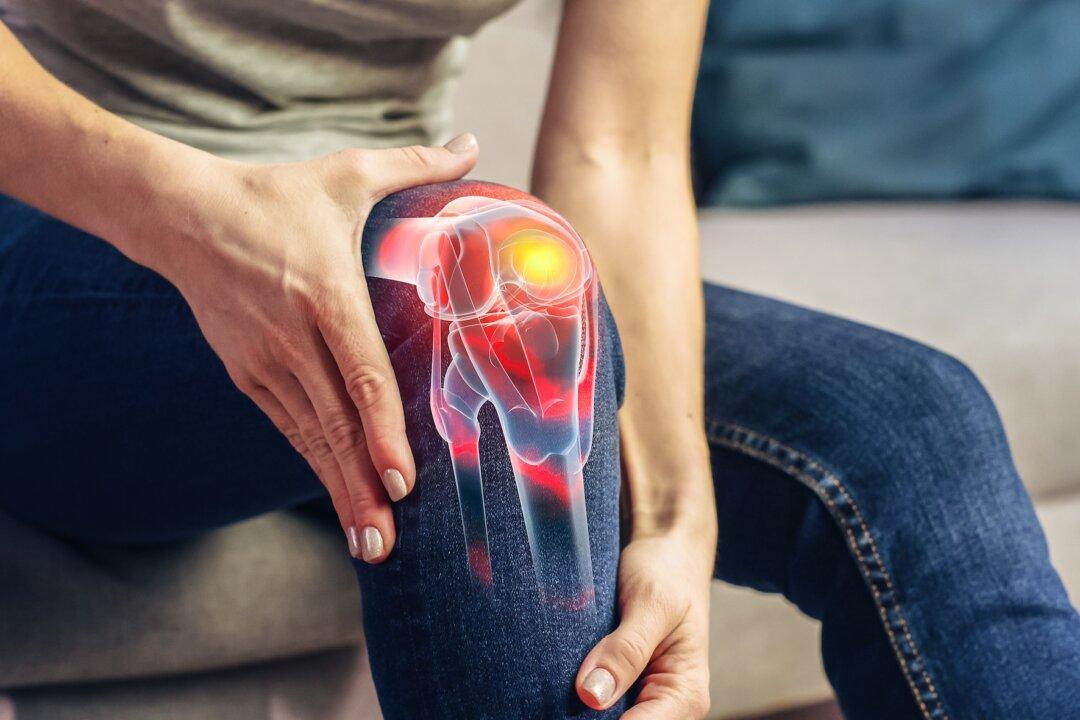Gaining just five percent of your body weight can raise your blood pressure. The people who are most likely to have a rise in blood pressure with a slight gain in weight are those who put that weight on in their bellies (American Heart Association’s High Blood Pressure Research Scientific Sessions in San Francisco, September 10, 2014). People who gained the weight primarily in their thighs and hips were far less likely to have a rise in blood pressure.
Sixteen non-obese people, between ages 18 and 48, ate an extra 400 to 1,000 calories a day for eight weeks. They added ice cream, milk shakes, chocolate bars and energy drinks to their regular diets and gained an average of five percent of their body weight. A 200 pound person therefore would gain 10 pounds, the amount of weight a person could gain over a long holiday weekend or on a cruise. After eight weeks, their systolic blood pressure rose an average of 4 mm Hg, from 114 to 118 mm Hg. This is still normal blood pressure, but it is a significant rise.
Why Gaining Weight in Your Belly Raises Blood Pressure
If you store fat primarily in your belly, you also store fat in your liver. There is an association between high blood pressure and a fatty liver. When blood sugar levels rise too high, your pancreas releases insulin that drives sugar from the bloodstream into your liver. If you already have fat in your liver, your liver cannot do its job of accepting the sugar. Instead, your liver releases sugar from its cells into your bloodstream to raise blood sugar levels even higher. People who store fat in their thighs and hips usually do not store much fat in their livers until they become very overweight.
Which Foods Are More Likely to Raise Your Blood Pressure?
Foods rich in sugar are more likely to raise blood pressure because they are more likely to put fat into your liver. The people in this study put on a lot of weight quickly because they ate a lot of high-sugar foods and drinks. Once sugar enters the liver, it must be immediately used for energy or a small amount will be stored in the liver and muscles. All the rest will be immediately converted to a type of fat called triglycerides and increase the amount of fat stored in the liver. So people who store fat primarily in their livers are usually the ones who:
• have high blood triglyceride levels,
• eat too much of foods that causes a high rise in blood sugar (sugared drinks, sugar-added foods and other refined carbohydrates),
• are diabetic or pre-diabetic,
• are genetically susceptible to storing fat primarily in the belly and liver, and
• are most likely to develop high blood pressure when they gain weight.
What Does This Mean for You?
If you can pinch more than two inches in the skin over your belly, and you have less fat underneath the skin in your thighs and hips, you are at increased risk for being pre-diabetic or already diabetic and are at high risk for high blood pressure and a heart attack.
You should:
• exercise
• lose weight if overweight
• restrict sugared drinks including fruit juices, sugar-added foods, refined carbohydrates including all foods made from flour, fried foods and red meat
• make sure you have blood levels of hydroxy vitamin D above 75 nmol/L
This article was originally published on www.drmirkin.com. Subscribe to their free weekly Fitness & Health newsletter.
More About Blood Pressure:
[aolvideo src=“http://pshared.5min.com/Scripts/PlayerSeed.js?sid=1759&width=480&height=350&playList=518413029&responsive=false”]





